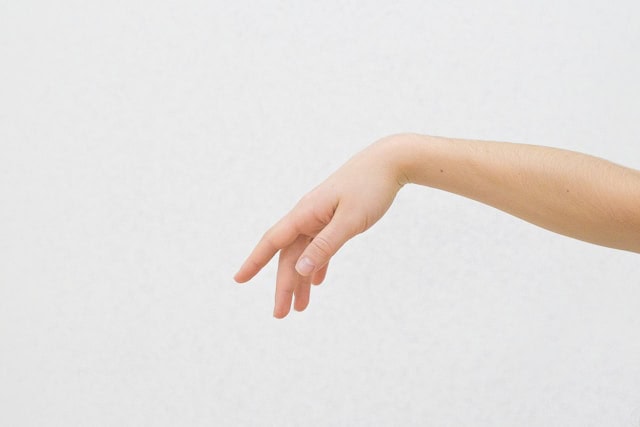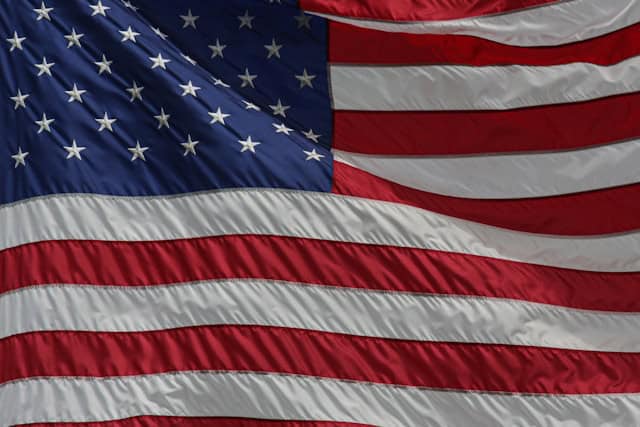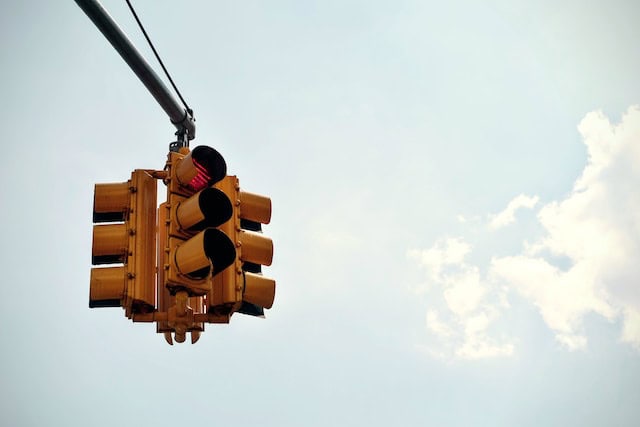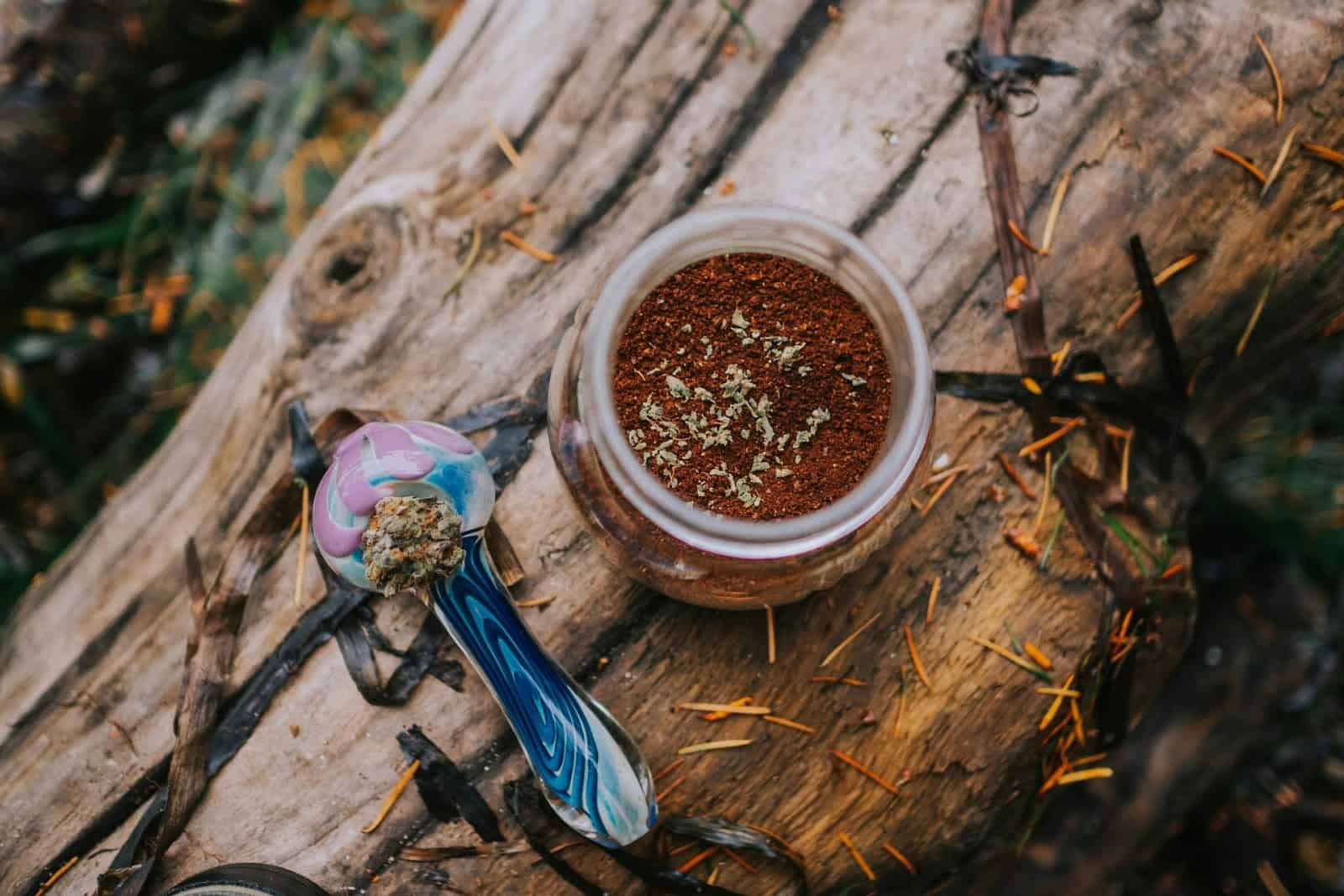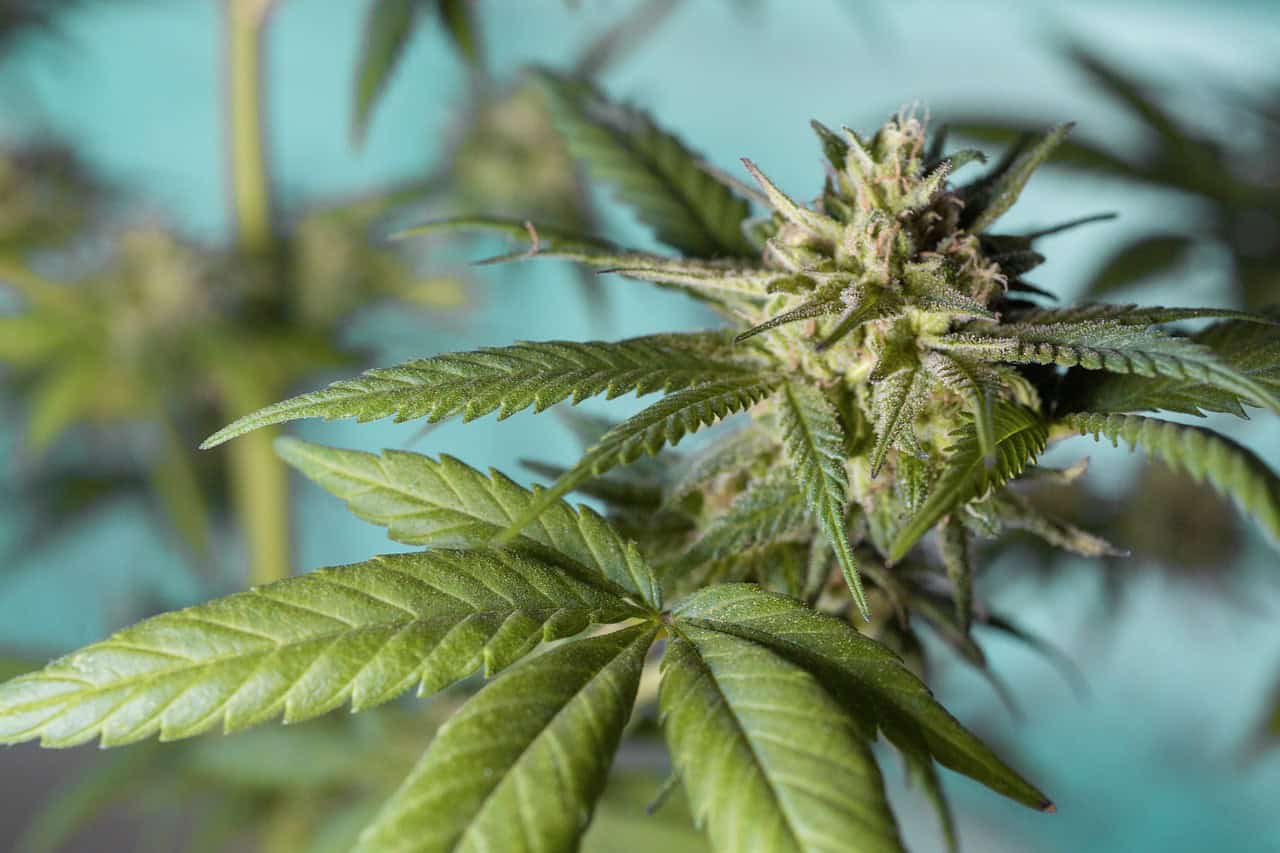
Is CBD Legal in Delaware
Yes, CBD products are legal in Delaware
 Legal
Legal
Both hemp-derived CBD and marijuana-derived CBD are legal in Delaware. Marijuana-based CBD was legalized in April of 2023.
CBD, or cannabidiol is a compound derived from the cannabis plant. CBD has the potential to offer therapeutic benefits without psychoactive effects. It has shown promise in alleviating pain, reducing anxiety, and improving the quality of sleep. Research into CBD is still ongoing, but it has shown effectiveness in treating a variety of ailments. Before buying CBD in Delaware, make sure to check the lab test results for each product to ensure that they are labeled accurately.
There is no age restriction on purchasing hemp-based CBD products. A buyer must be at least 21 years old to purchase marijuana-based CBD products.
CBD oil is an oil made from the cannabis plant. It is distilled to remove THC so only CBD remains. CBD oil is non-psychoactive and is taken sublingually.
CBD could show up on a drug test because most CBD products contain small amounts of THC. This THC could be detected through urine or blood tests.
Unlike cannabis, CBD is not considered an illegal drug. For prescription purposes, there is one FDA-approved CBD drug known as Epidiolex. It is used to treat seizures.
CBD can help with a variety of health conditions, including back pain, psoriasis, and osteoarthritis. Because it acts on endocannabinoid receptors in the body, it has pain-relieving properties.
The elimination half-life of CBD in the blood stream is 14 to 17 hours. Normally, it takes 5 half-lives for a drug to be completely eliminated from the human body, meaning that CBD could stay in the system for up to 85 hours, or 3 - 5 days.
The elimination half-life of CBD in the blood stream is 14 to 17 hours. Normally, it takes 5 half-lives for a drug to be completely eliminated from the human body, meaning that CBD could stay in the system for up to 85 hours, or 3 - 5 days.
Is THC Legal in Delaware
No, THC products are illegal in Delaware
 Legal
Legal
To buy THC products in Delaware, you must be at least 18 years old and possess a valid medical marijuana card issued by the state for medical use. This card is required for patients who wish to access medical marijuana dispensaries.
Currently, recreational marijuana use is illegal in Delaware, so there is no legal age for purchasing THC products for recreational purposes.
Yes, THC products in Delaware are required to undergo third-party testing. The Delaware Division of Public Health has established regulations to ensure the safety, quality, and potency of medical marijuana products sold in licensed dispensaries. All cannabis products must be tested by independent laboratories that are licensed by the state.
These tests assess various factors, including the potency of THC and CBD, as well as the presence of contaminants such as pesticides, heavy metals, molds, and other harmful substances. This rigorous testing process helps ensure that consumers receive safe and accurately labeled products. Additionally, all medical marijuana products sold in Delaware must include clear labeling that provides information about their contents and any potential allergens, ensuring transparency and consumer safety within the state’s medical marijuana program.
In any case, we always suggest that you do your research and only buy products from reputable vendors.
Yes, THC products in Delaware are required to undergo third-party testing. The Delaware Division of Public Health has established regulations to ensure the safety, quality, and potency of medical marijuana products sold in licensed dispensaries. All cannabis products must be tested by independent laboratories that are licensed by the state.
These tests assess various factors, including the potency of THC and CBD, as well as the presence of contaminants such as pesticides, heavy metals, molds, and other harmful substances. This rigorous testing process helps ensure that consumers receive safe and accurately labeled products. Additionally, all medical marijuana products sold in Delaware must include clear labeling that provides information about their contents and any potential allergens, ensuring transparency and consumer safety within the state’s medical marijuana program.
In any case, we always suggest that you do your research and only buy products from reputable vendors.
Is Delta-8 Legal in Delaware
Yes, Delta-8 products are legal in Delaware
 Legal
Legal
Delta-8 THC is illegal in Delaware. All forms of THC are controlled in the state; Delta-8 tetrahydrocannabinol (Delta-8 THC) is a cannabinoid found in the cannabis plant, known for its psychoactive effects, although they are generally milder compared to the more well-known Delta-9 THC. The debate over Delta-8 largely centers on its legal status, potential health risks, and production methods. Despite being derived from hemp, legalized in the United States via the 2018 Farm Bill, the extraction and conversion processes have come under regulatory scrutiny. Critics argue that these methods could lead to impurities and safety issues. Moreover, concerns exist regarding its impact, particularly when consumed by vulnerable groups such as minors, given that Delta-8 products are often promoted as a legal and less potent alternative to traditional marijuana. Consequently, the regulatory environment and public perception surrounding Delta-8 THC remain intricate and contentious.
Delta-8 THC is illegal in Delaware. All forms of THC are controlled in the state; Delta-8 tetrahydrocannabinol (Delta-8 THC) is a cannabinoid found in the cannabis plant, known for its psychoactive effects, although they are generally milder compared to the more well-known Delta-9 THC. The debate over Delta-8 largely centers on its legal status, potential health risks, and production methods. Despite being derived from hemp, legalized in the United States via the 2018 Farm Bill, the extraction and conversion processes have come under regulatory scrutiny. Critics argue that these methods could lead to impurities and safety issues. Moreover, concerns exist regarding its impact, particularly when consumed by vulnerable groups such as minors, given that Delta-8 products are often promoted as a legal and less potent alternative to traditional marijuana. Consequently, the regulatory environment and public perception surrounding Delta-8 THC remain intricate and contentious.
While Delta-8 is acknowledged as less potent than Delta-9 THC, it remains capable of producing psychoactive effects, emphasizing the need for responsible usage. If you have pre-existing medical conditions or are on medications, consulting a healthcare professional before using Delta-8 is advisable.
Delta-8 THC influences the body by attaching to the CB1 receptors of the endocannabinoid system, predominantly situated in the central nervous system. This interaction initiates psychoactive effects, though typically of a more subdued nature than those induced by Delta-9 THC. Users frequently describe experiences of relaxation, euphoria, and altered sensory perception. Delta-8 might also lead to an augmented appetite, dry mouth, and red eyes. However, the manifestation of its effects can vary significantly from person to person, contingent upon factors like dosage, tolerance, and an individual's unique sensitivity to cannabinoids.
Delta-8 is illegal in Delaware. The state’s Controlled Substances Act includes “Any material, compound, combination, mixture, synthetic substitute or preparation which contains any quantity of marijuana or any tetrahydrocannabinols, their salts, isomers or salts of isomers” as a schedule 1 controlled substance.
Delta-8 THC and Delta-9 THC exhibit similar chemical structures, though Delta-8 is commonly associated with reduced potency and a milder, more focused high. Some users prefer it for its functional qualities.
Different variations of Delta-8 THC are available, encompassing edibles, vape cartridges, tinctures, and capsules. The method chosen for consumption is subjective, guided by personal preference and the desired effects.
The safety of Delta-8 THC remains a topic of ongoing discussion and research. Although it's commonly thought to be less potent with milder psychoactive effects than Delta-9 THC, concerns linger about potential impurities that could be introduced during its production processes. Additionally, like any psychoactive substance, its safety can vary depending on an individual's health, consumption habits, and dosage. To arrive at a definitive assessment of its safety, more comprehensive scientific investigations are imperative, and exercising caution is recommended, especially in the absence of clear regulatory standards.
Routinely encountered side effects could encompass a parched mouth, reddened eyes, an elevated heart rate, and momentary lapses in short-term memory. Generally, these responses are less intense than those linked to Delta-9 THC.
Certainly, the use of Delta-8 THC may result in a positive outcome on a drug test, as many tests do not differentiate between Delta-8 and Delta-9 THC. For individuals undergoing drug testing, exercising caution with Delta-8 products is advised.
Your option to buy Delta-8 products might be influenced by your location, with age restrictions commonly designating a minimum age of either 18 or 21. To ensure legal adherence, take the time to understand your local age criteria by researching local regulations.
Delta-8 products can be obtained through various means, from licensed dispensaries to online vendors and specific convenience stores. To make an informed purchase, it's imperative to investigate the legality of Delta-8 in your region and select a reputable seller dedicated to both product quality and adherence to local regulations.
Is Delta-9 Legal in Delaware
No, Delta-9 products are illegal in Delaware
 Legal
Legal
In Delaware, you must be at least 21 years old to purchase Delta-9 THC products. This age requirement applies to both recreational marijuana and hemp-derived Delta-9 THC products.
Yes, it is legal to smoke Delta-9 THC flower in Delaware. The state has legalized both medical and recreational marijuana, allowing adults aged 21 and older to purchase and use marijuana products, including Delta-9 THC flower, within the regulatory framework established by state law. This means individuals can legally consume Delta-9 THC flower in private spaces where smoking is permitted under Delaware’s marijuana laws
Yes, Delta-9 THC products must undergo third-party testing to ensure they meet quality standards, comply with federal guidelines (including containing less than 0.3% Delta-9 THC), and are free from contaminants like pesticides, heavy metals, and residual solvents. These tests guarantee that Delta-9 products are safe, accurately labeled, and maintain high-quality standards before being available to consumers.
In any case, it is always recommended that you take the time to review these lab reports to ensure product safety and potency, regardless of legal requirements.
Is HHC Legal in Delaware
No, HHC products are illegal in Delaware
 Legal
Legal
In Delaware, you must be at least 18 years old to purchase hemp-derived HHC products. This age requirement aligns with general regulations for hemp-derived products in the state.
Yes, it is legal to smoke hemp-derived HHC (Hexahydrocannabinol) flower in Delaware, provided it meets the state’s requirement of having a THC concentration below 0.3%.
In Delaware, while hemp-derived HHC (Hexahydrocannabinol) products are legal, there is no specific statewide mandate for third-party testing. However, reputable manufacturers and retailers often conduct third-party testing to ensure their products meet safety and quality standards.
This testing verifies that the products comply with federal regulations, including containing less than 0.3% Delta-9 THC, and are free from contaminants such as pesticides, heavy metals, and residual solvents. For consumers, purchasing from trusted sources that provide certificates of analysis (COAs) from independent labs is highly recommended to ensure product quality and safety.
In any case, we always sxggest that you do your research and only buy products from reputable vendors.
Disclaimer
This information is derived from our independent research. Our team aims to ensure that we give you accurate up-to-date details from reliable state-run sources. However, we are not legal experts, and local laws can be subject to change.









